Our Community Garden
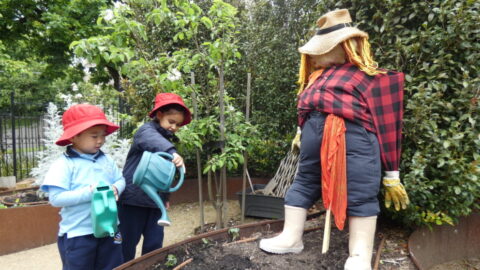
The children in our ELC have been working in our community garden. Gardening with young children offers many benefits that extend far beyond the garden bed. It provides a rich and holistic learning experience that fosters physical, mental, and emotional development while also instilling a deep appreciation for the natural world.
Firstly, gardening encourages physical activity. It invites children to dig, plant, water, and weed, promoting fine and gross motor skills development. These hands-on activities help children build strength, coordination, and balance while fostering an understanding of cause and effect as they observe their actions directly impacting the growth of plants.
Additionally, gardening teaches children about science and the environment. It provides an opportunity to explore the life cycle of plants and learn about germination, growth, and reproduction. Children can observe the changing seasons and weather patterns, fostering an understanding of the earth’s natural processes. They also learn about the needs of plants, such as sunlight, water, and nutrients, which can be applied to broader environmental awareness.
Patience and responsibility are cultivated in the children through gardening experiences. As they care for their plants, they must wait for them to grow and mature. This waiting period instils a sense of anticipation and delayed gratification, both valuable life skills. Moreover, the responsibility of tending to plants by watering, weeding, and protecting them from pests fosters a sense of ownership and accountability.
Beyond the cognitive and physical benefits, gardening also offers emotional advantages. It provides a therapeutic and calming environment where children can connect with nature, reduce stress, and enhance their overall wellbeing. The sense of accomplishment derived from nurturing a plant from seed to maturity boosts self-esteem and confidence.
Gardening is a wonderful way to teach children about sustainability and the importance of conserving resources. By composting, recycling, and conserving water, children learn the value of taking care of the earth for future generations. It is also a great way to introduce children to the wonders of the natural world while imparting life skills that will serve them well throughout their lives.
-
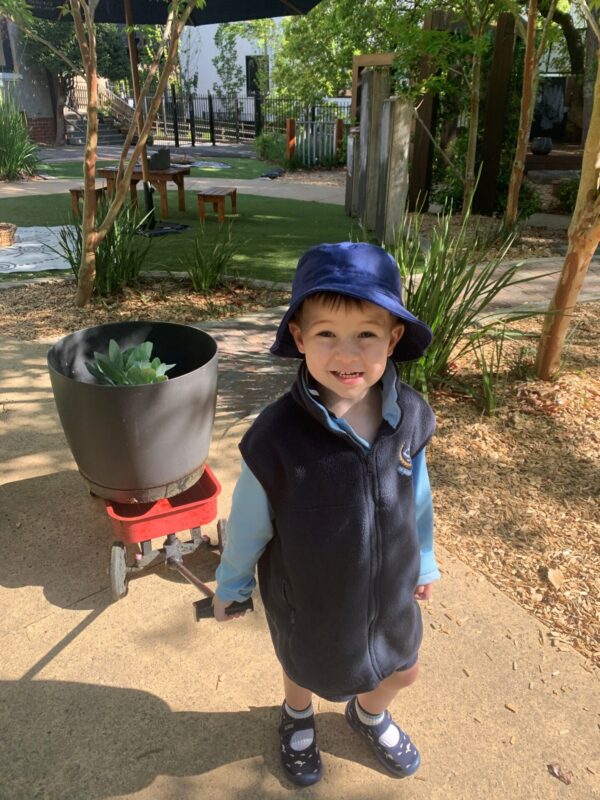
Our Community Garden
-
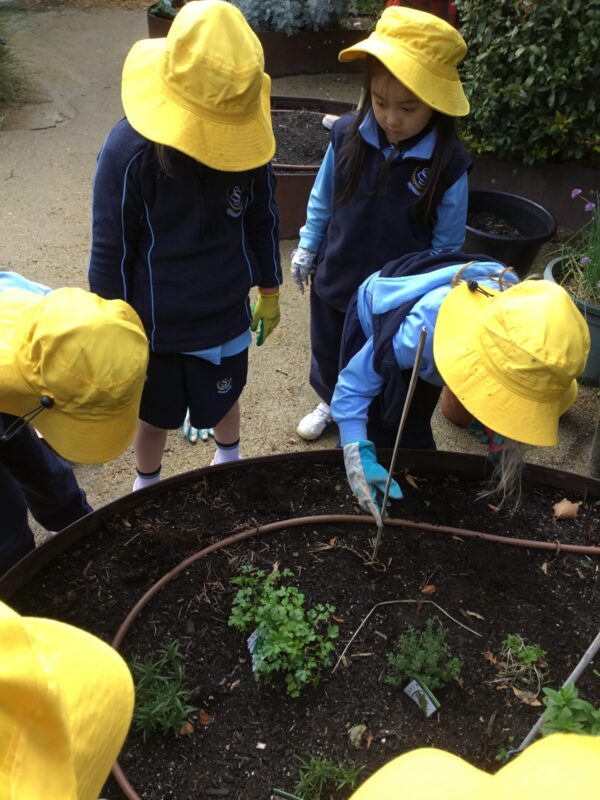
Our Community Garden
-
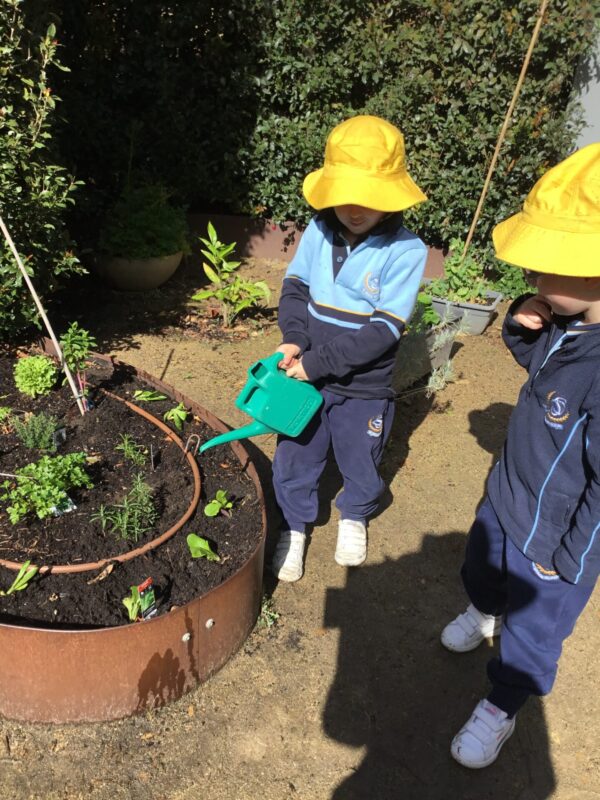
Our Community Garden
-
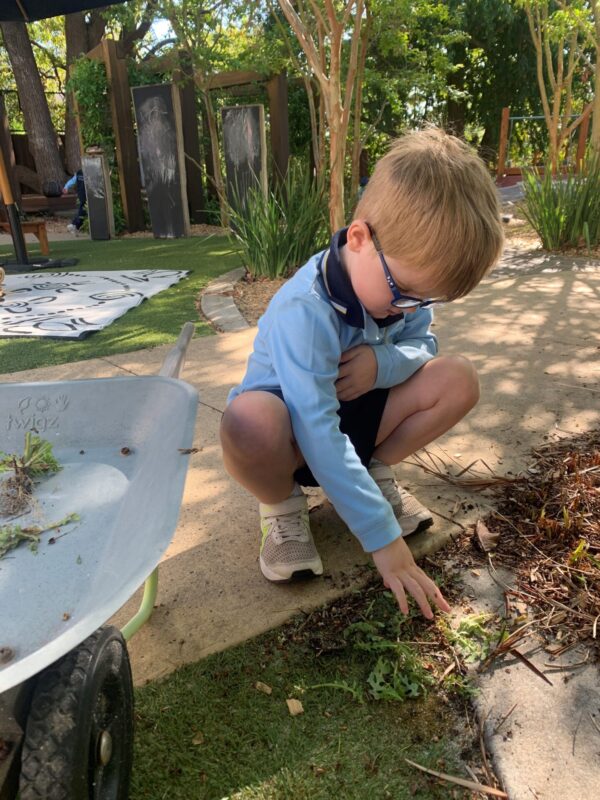
Our Community Garden
-
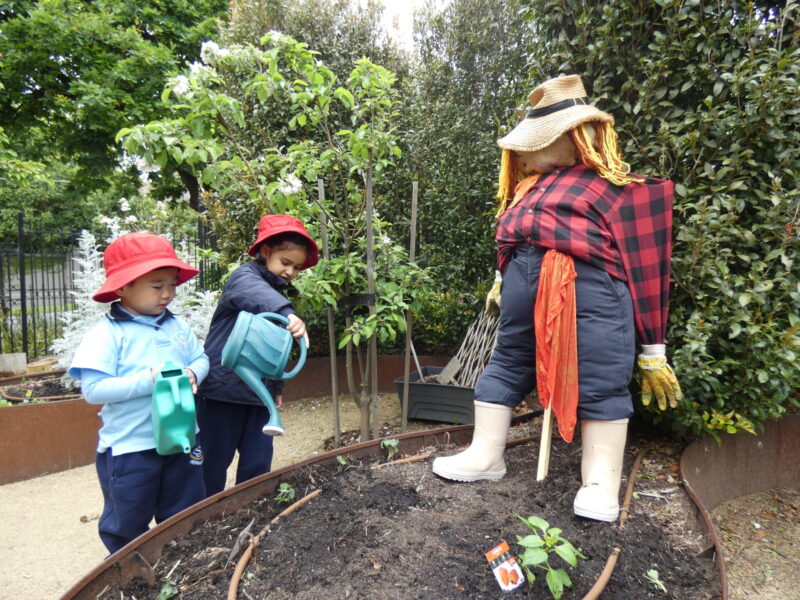
Our Community Garden
-
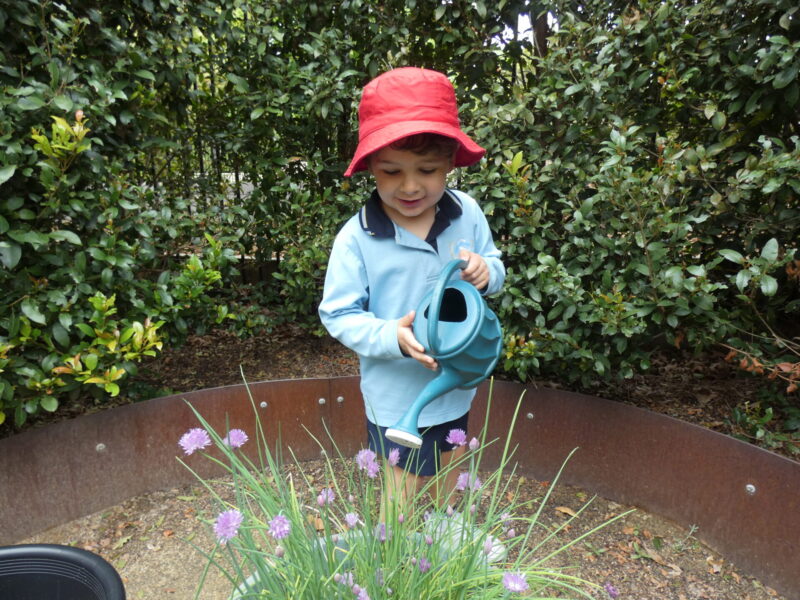
Our Community Garden
-
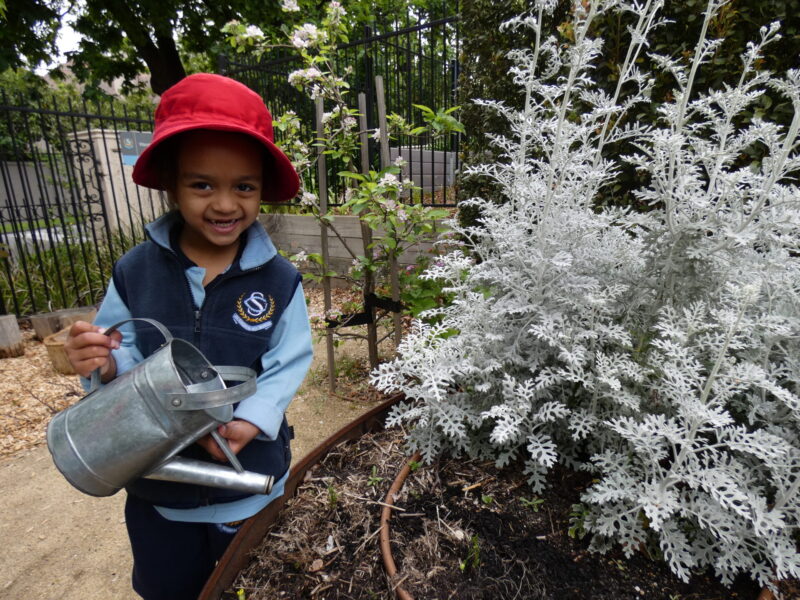
Our Community Garden
-
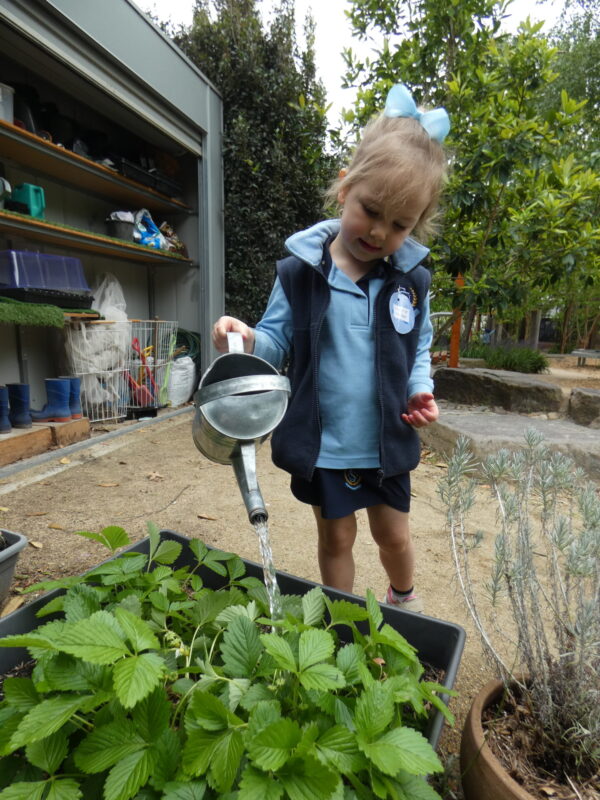
Our Community Garden
-
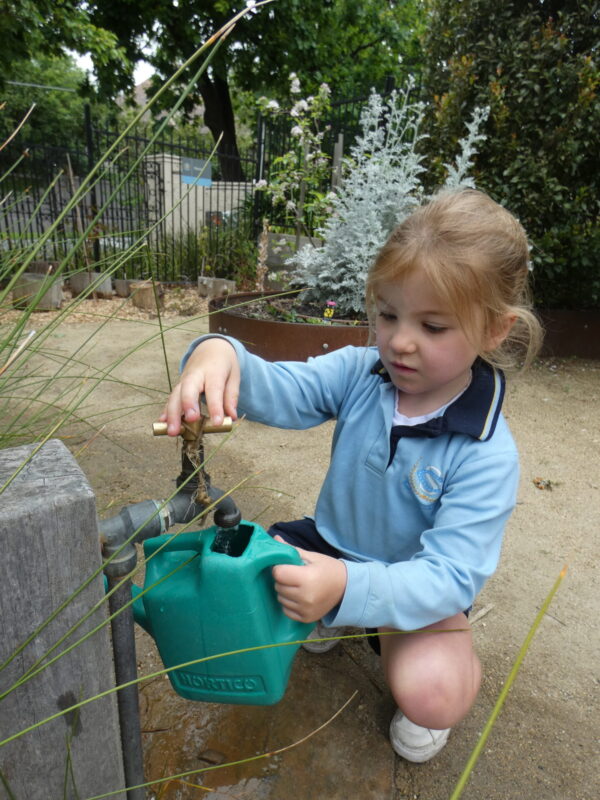
Our Community Garden
-
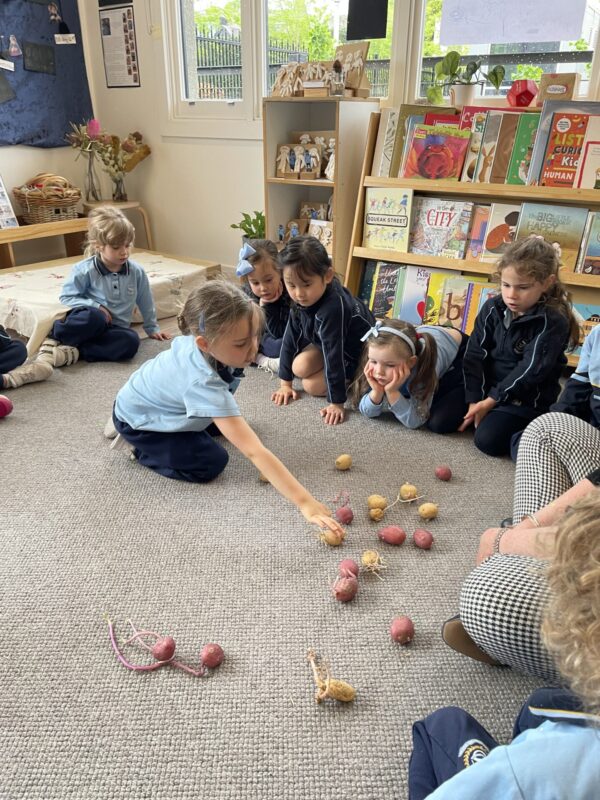
Our Community Garden
-
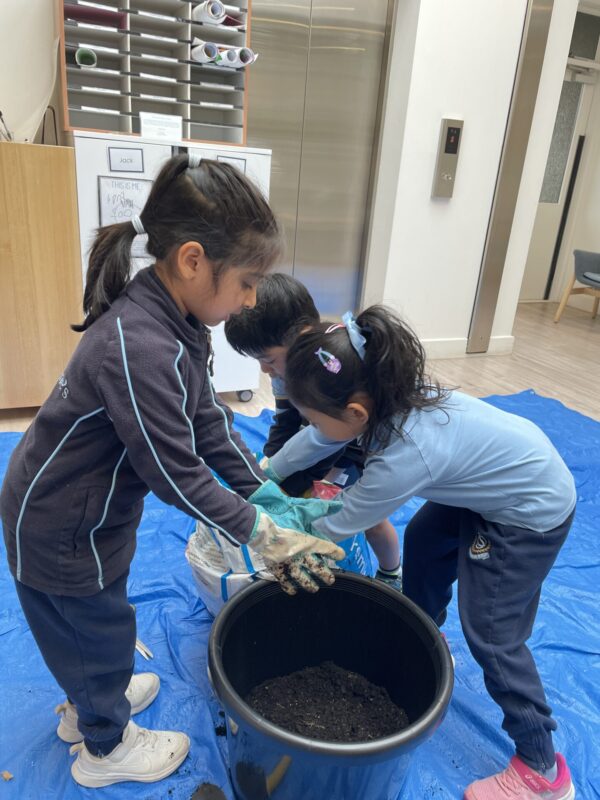
Our Community Garden
-
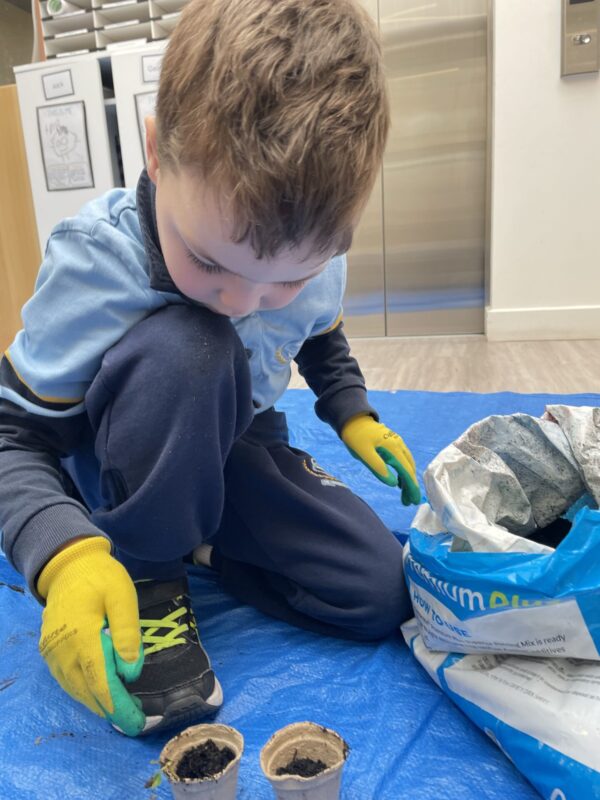
Our Community Garden
-
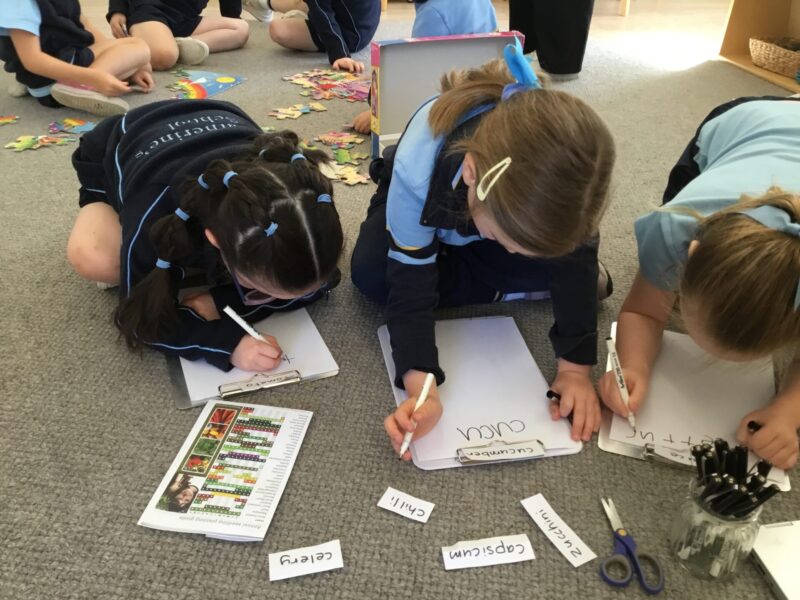
Our Community Garden
-
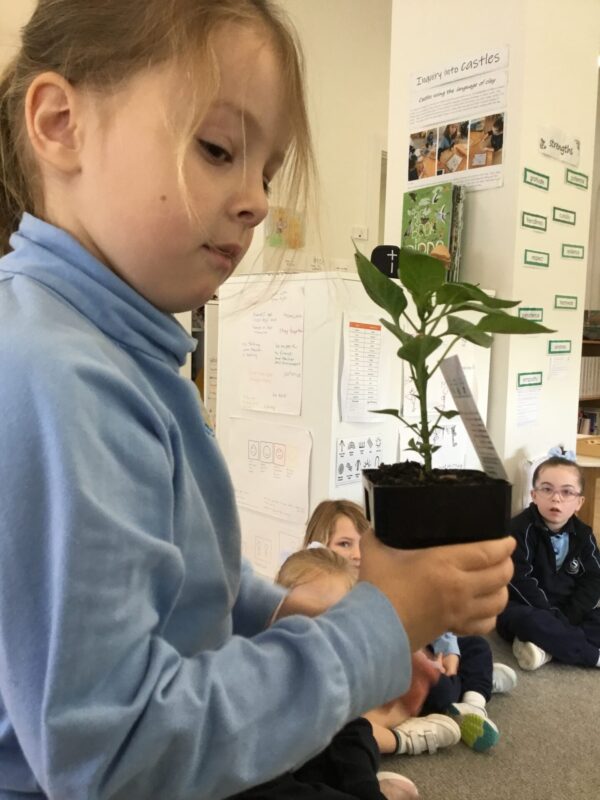
Our Community Garden


